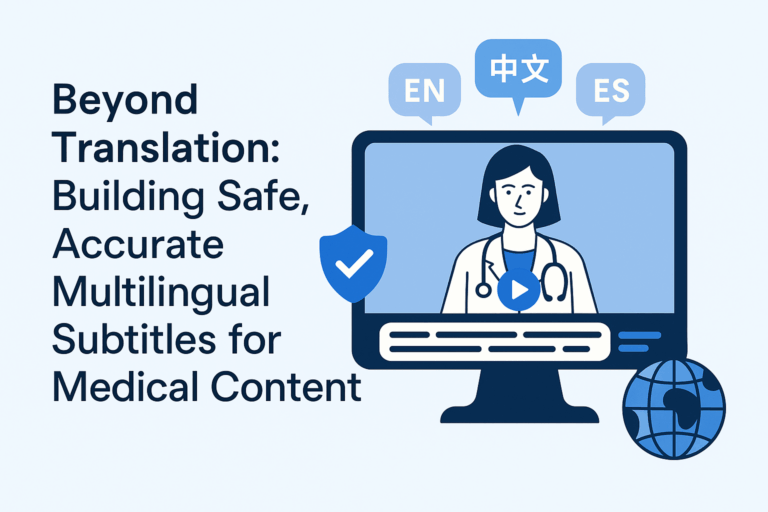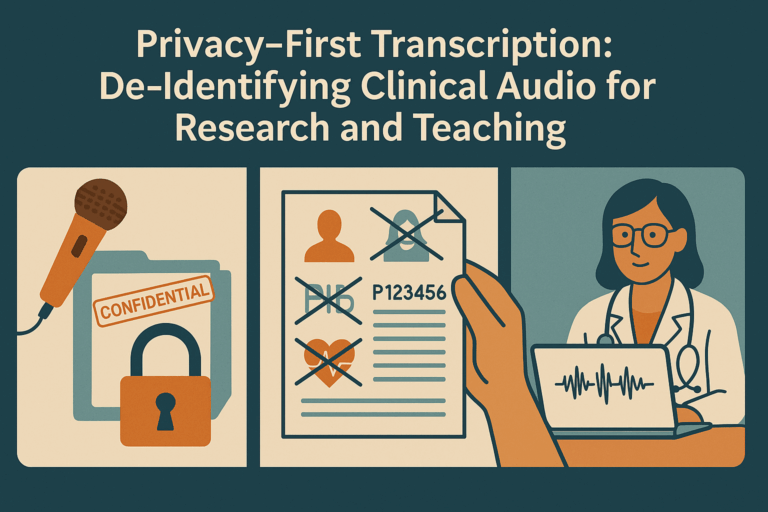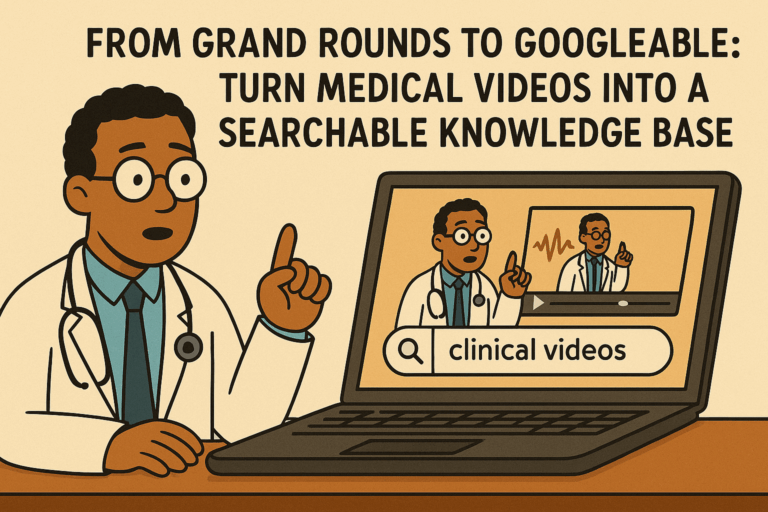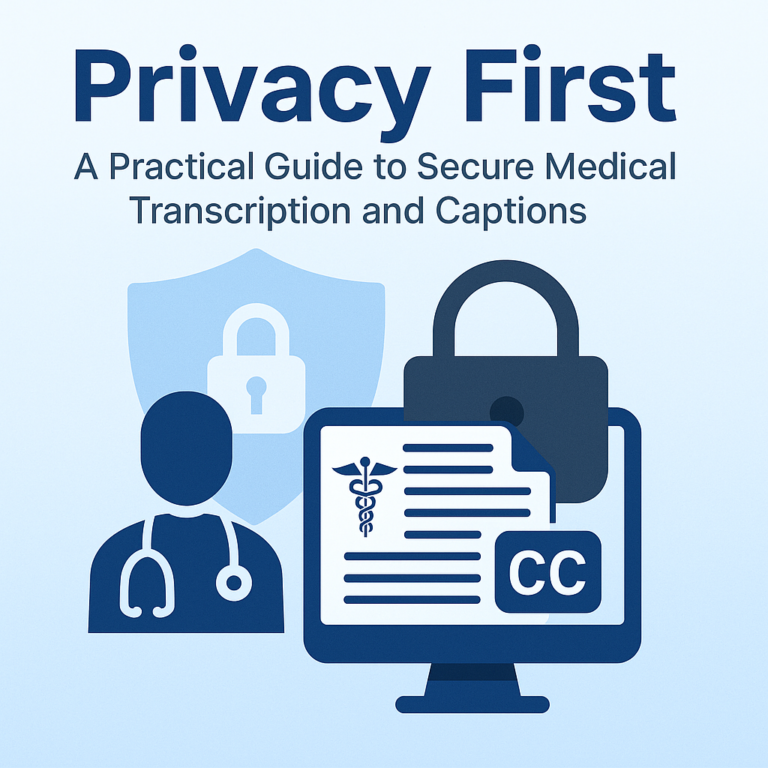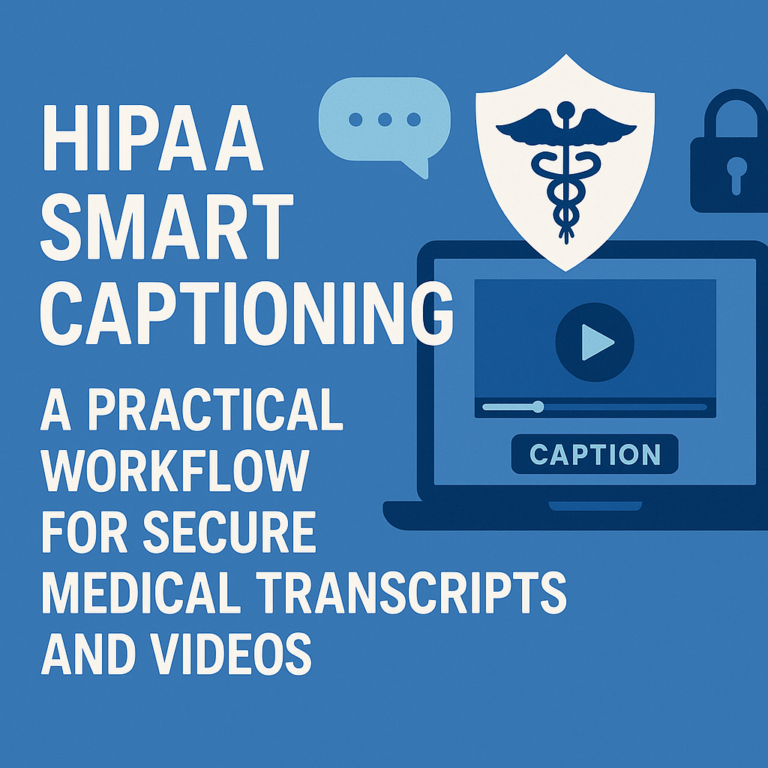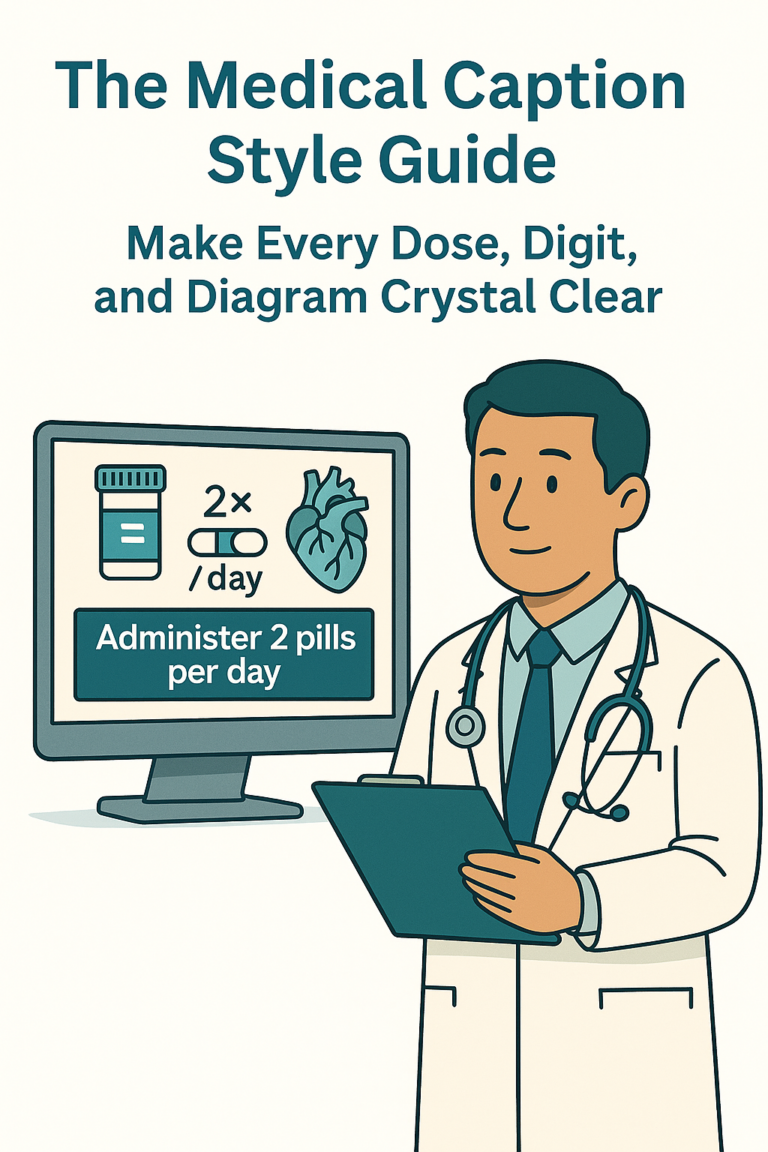In healthcare, clear communication is everything. Whether it’s diagnosing a problem, explaining a treatment, or performing a procedure—every word matters.
But what if someone can’t hear what’s being said? Or what if they don’t fully understand it?
That’s where closed captions come in.
Closed captions aren’t just for movies. In medicine, they help make sure that everyone can understand important information—patients, students, and healthcare workers alike.
Helping People with Hearing Loss or Language Barriers
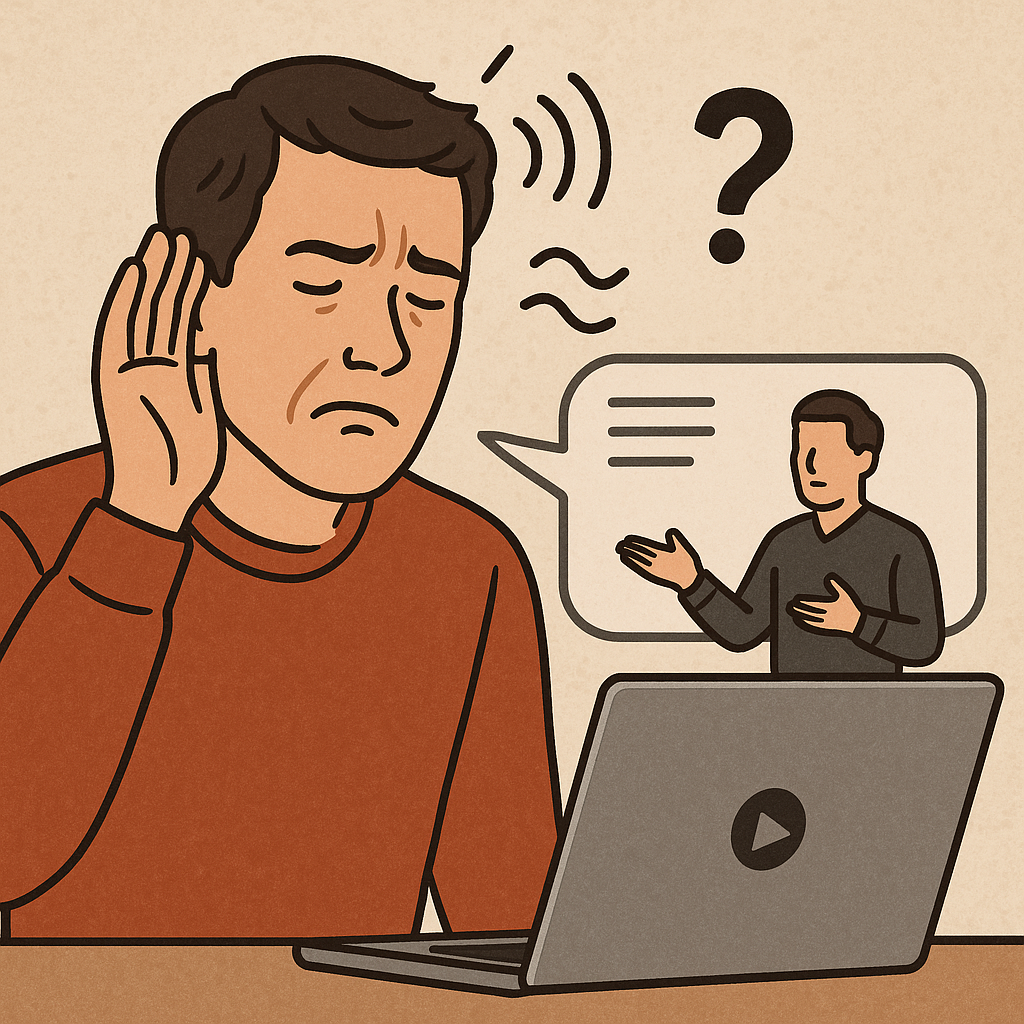
Closed captions are especially helpful for people who are deaf or hard of hearing. They’re also great for those who don’t speak English as their first language.
By reading the words on the screen, these people can follow along and get the information they need without missing anything.
Making Difficult Medical Words Easier to Understand
Medical terms can be long and confusing. And when doctors speak quickly or use big words, it can be hard to keep up.
Closed captions allow viewers to read what is being said, which makes it easier to understand—even if the words are new or complicated.
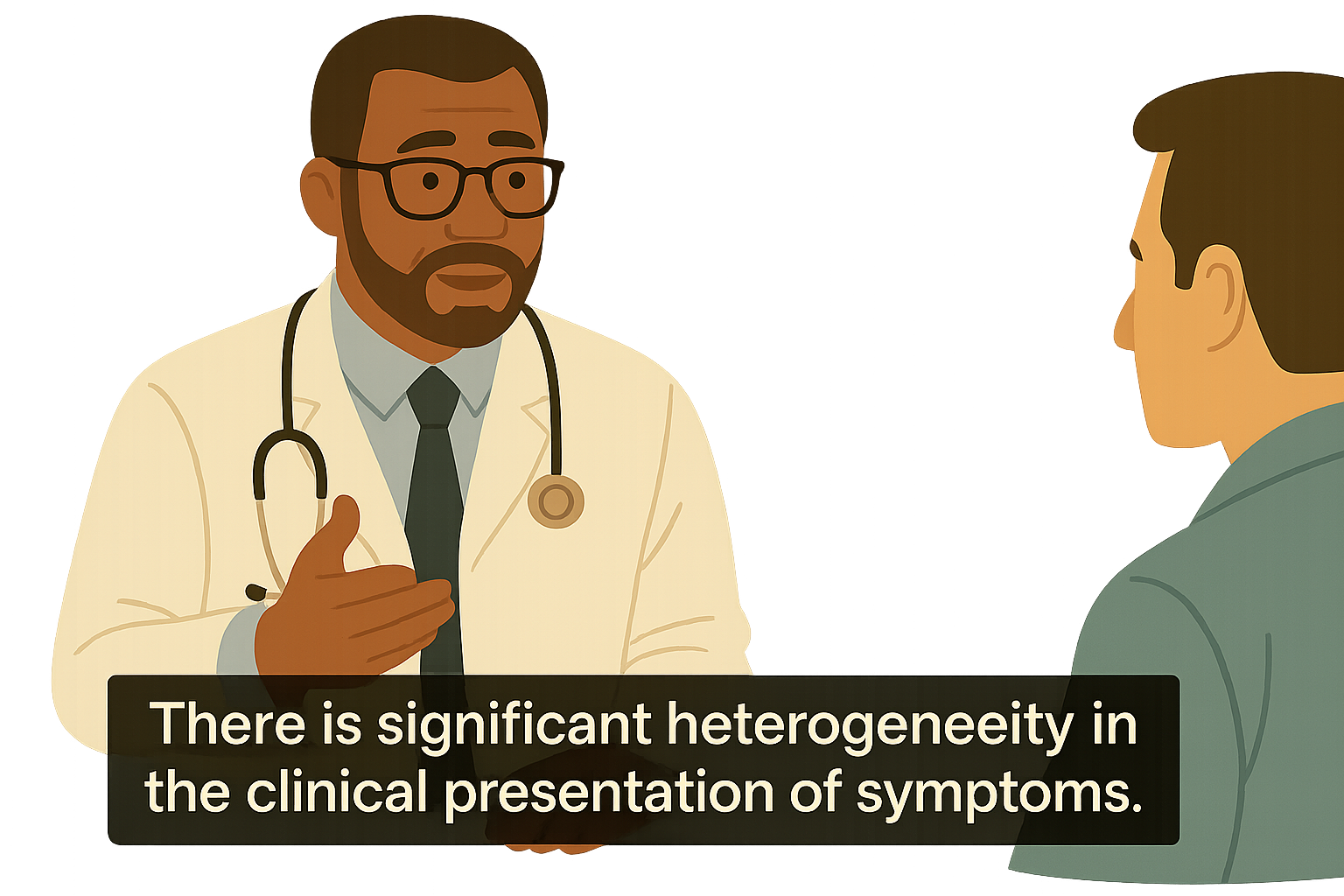
Helping Medical Students Learn Better
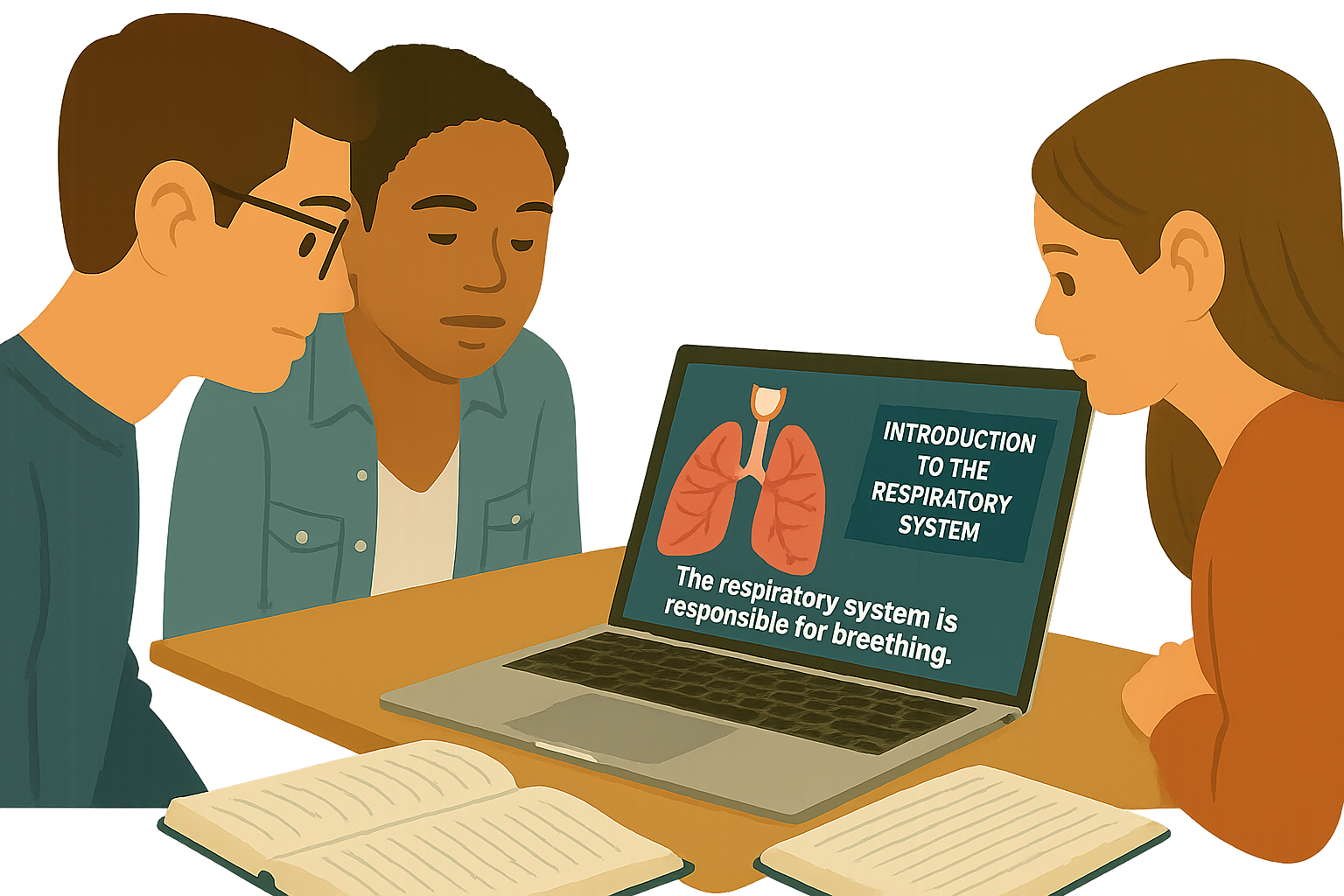
For students studying medicine, captions are a great learning tool. They let you pause, rewind, and rewatch lectures and training videos.
This helps you take better notes, remember details, and learn at your own pace.
Useful in Quiet Places Like Clinics and Hospitals
In many hospitals and clinics, you can’t play videos out loud. It might be too noisy—or it might disturb patients.
Captions make it possible to watch and understand videos silently, without any disruption.
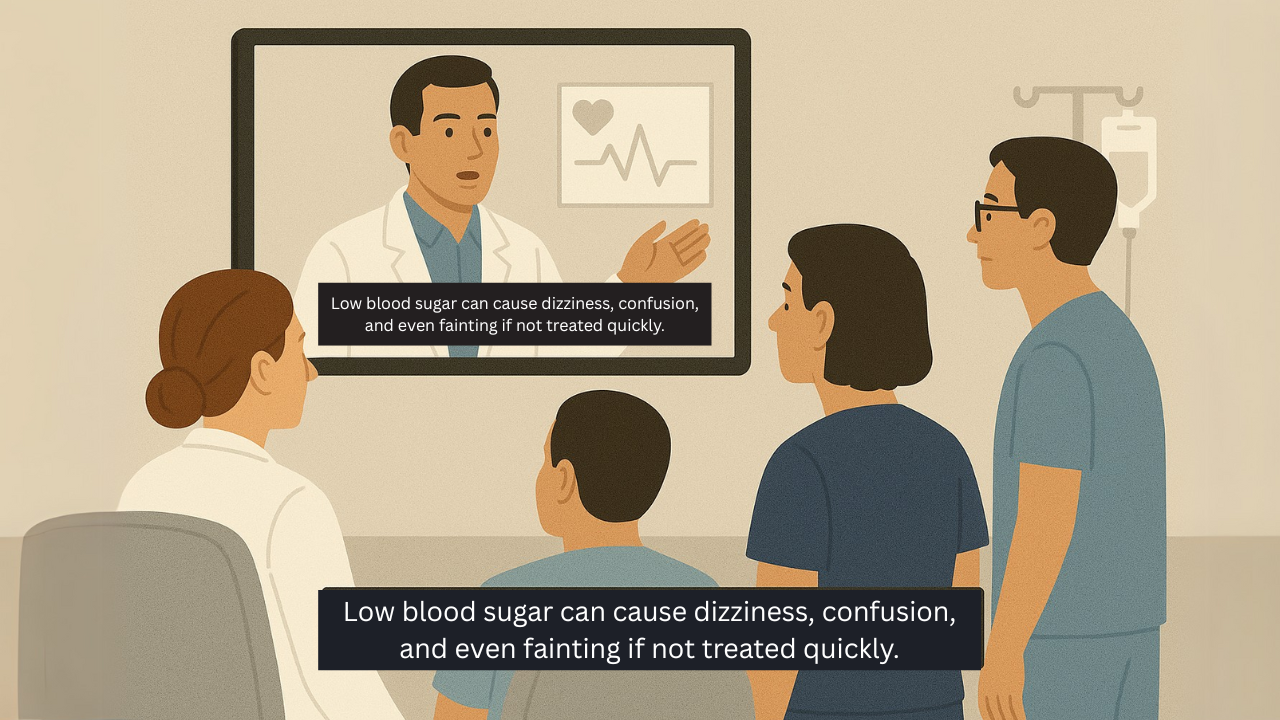
Meeting Important Rules and Laws
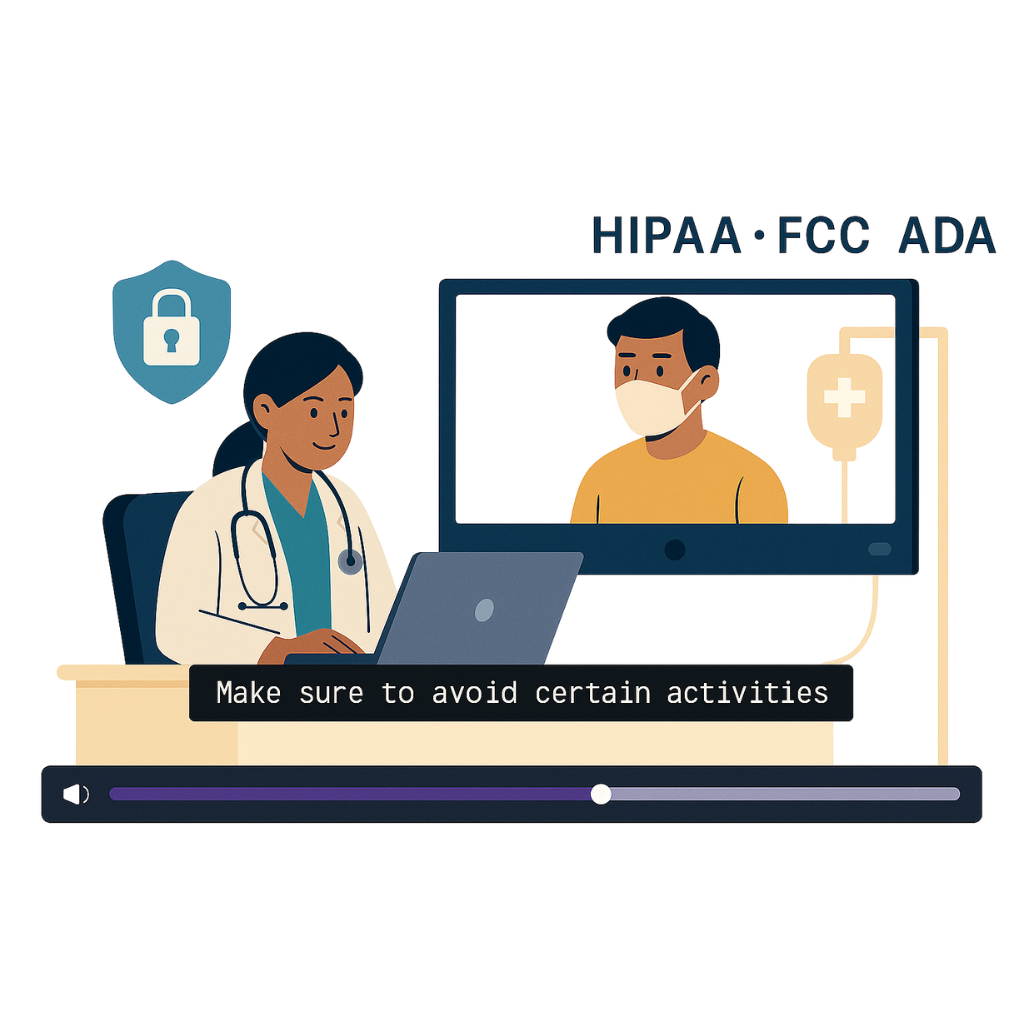
Using closed captions in medical videos isn’t just helpful—it’s also the right thing to do. It supports important laws like:
- ADA – Americans with Disabilities Act
- HIPAA – Health Insurance Portability and Accountability Act
- FCC – Federal Communications Commission guidelines
These rules are in place to make sure that everyone has equal access to information.
How MedXcribe Helps
Thanks to MedXcribe, you can add closed captions to your videos quickly and accurately. Whether you’re making patient education content, student lectures, or training materials, MedXcribe makes sure everything is easy to understand and accessible to all.
Next time you see closed captions on a medical video, remember—they’re not just words on a screen. They’re a tool for better understanding, better learning, and better care.
Closed captions help save time, reduce confusion, and can even help save lives.
Try MedXcribe today to make your medical videos clear, simple, and accessible.

